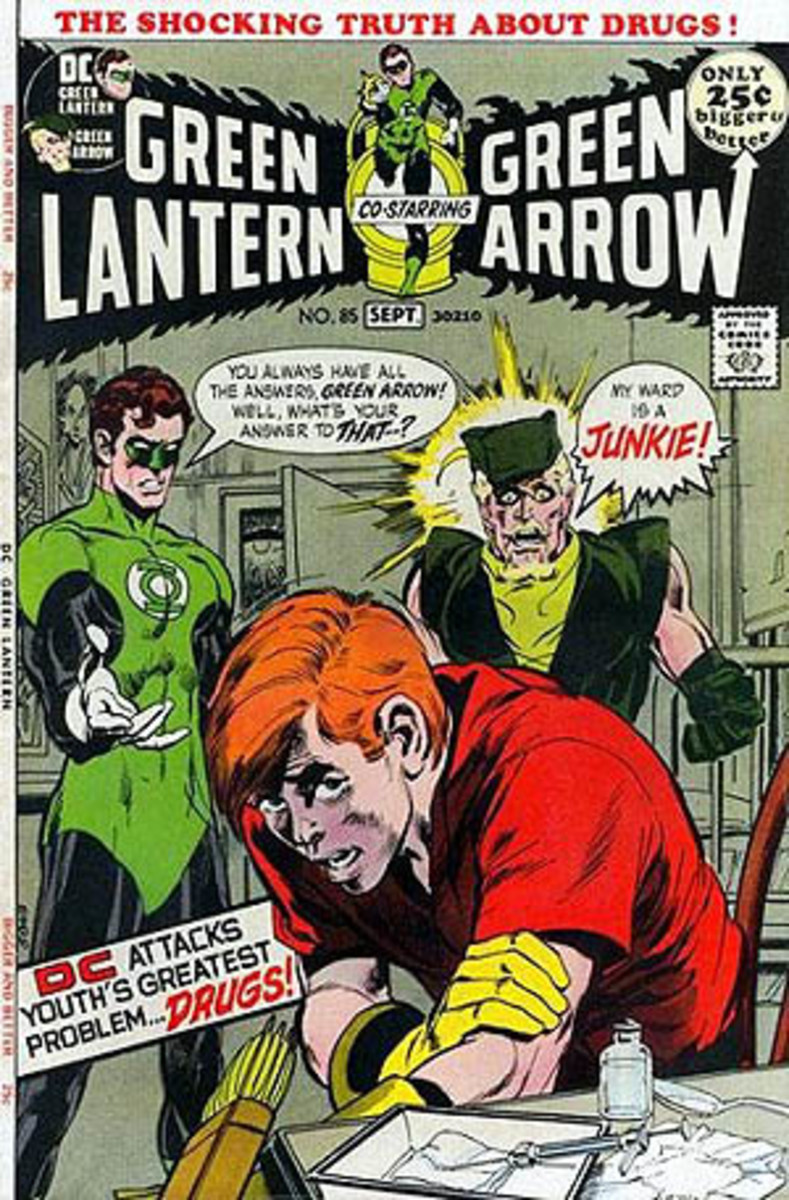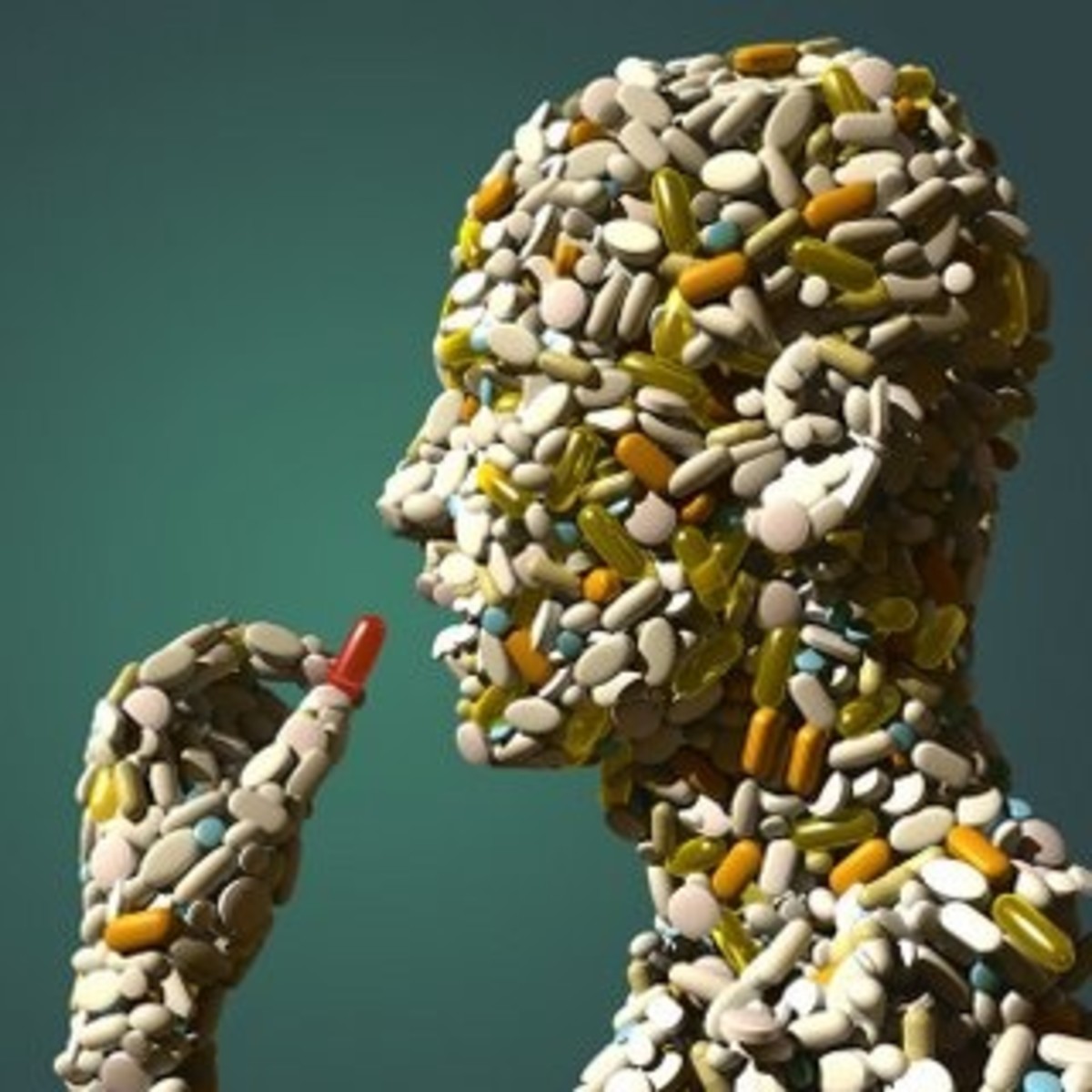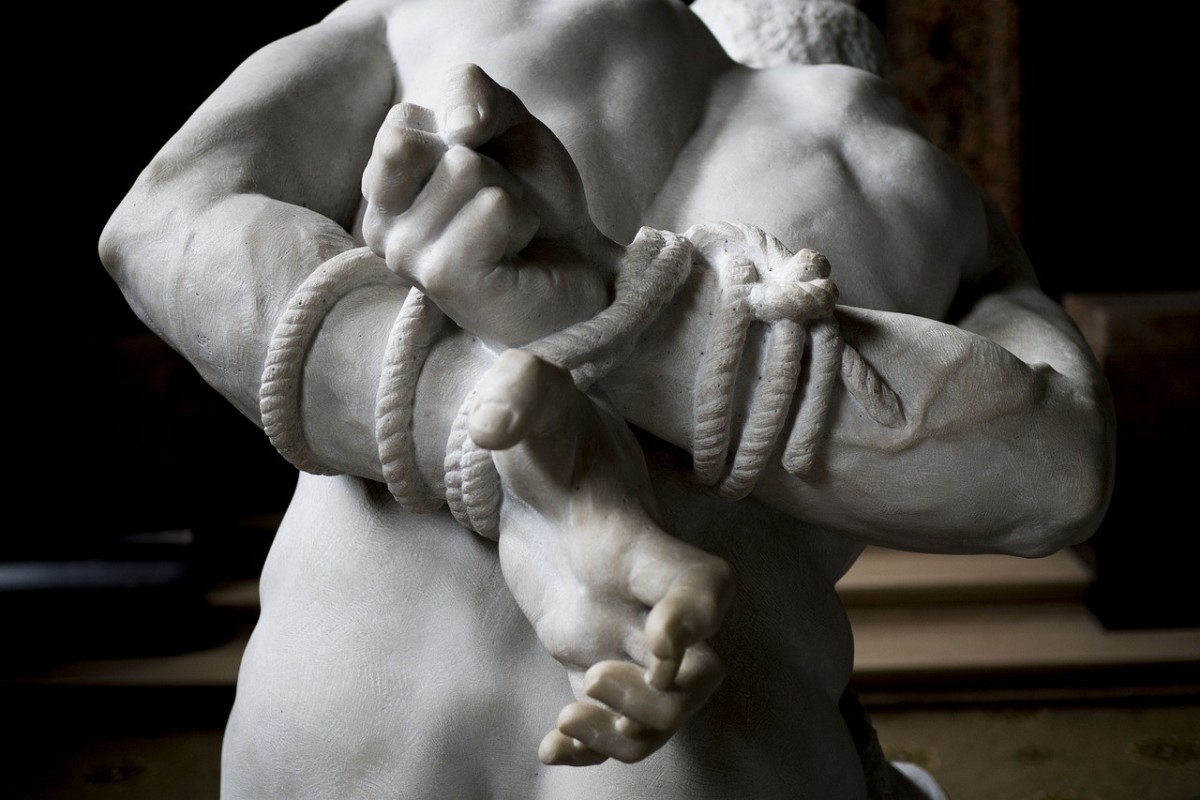- HubPages»
- Health»
- Mental Health»
- Addiction»
- Drug Addiction
Drug Addiction: What it Looks Like Today
Drug Addiction Is Serious
When the Wall Comes Falling Down
Drug abuse has always existed in the United States. First synthesized in 1887, the stimulant amphetamine became popular in 1920s in the medical community, where it was used for raising blood pressure, enlarging the nasal passages, and stimulating the central nervous system. Abuse of the drug began during the 1930s, when it was marketed under the name Benzedrine and sold in an over-the-counter inhaler. During World War II, amphetamines were widely distributed to soldiers to combat fatigue and improve both mood and endurance. After the war physicians began to prescribe amphetamines to fight depression. As legal usage of amphetamines increased, a black market emerged. Common users of illicit amphetamines included truck drivers on long commutes and athletes looking for performance enhancement. Students often referred to the drug as "pep pills" and used it to aid in studying.
In 1962 pharmacies in San Francisco were selling injectable amphetamines. This led to a huge drug problem and authorities were forced to stop the process. We all remember the 60's era of free love and rock and roll. Back then, some of the most popular drugs were alcohol, Quaaludes, and marijuana.
As America went into the 80's and 90's the drug craze turned towards cocaine, marijuana, and ecstasy.
Right now in 2017 drug addiction has taken on a whole new look. The drugs of choice are heroine, crystal meth, and various forms of pain medication. The problem is that heroine is being cut with fentanyl and is becoming a death sentence for users as a result.
The Face of a Meth Addict
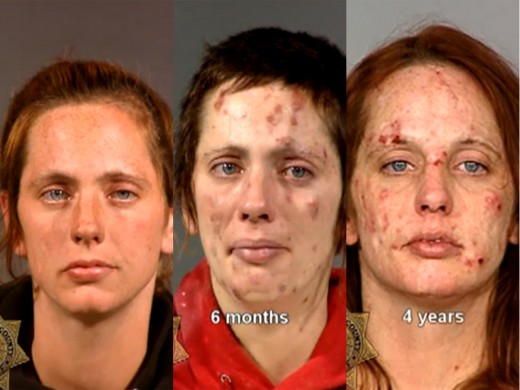
The Problems in Law Enforcement
Day after day, sting operations are taking place all over the United States to catch drug users and dealers, but the problem is not just the drug dealers. Catching the dealers doesn't stop the leaders of major drug operations. The main problem is the king pin drug lords who continue to push their product onto the streets and into communities. Drug dealers are not implicating or exposing the big king pins that they answer to when they're arrested, so the source of the problem is rarely dealt with. In many cases, most of the street drugs being trafficked in the United States are being brought here from other countries.
Although local drug dealers are being arrested, their arrests are not solving the problem entirely. In Laredo Texas, law enforcement is fighting a losing battle against the Mexican drug Cartel that is supplying drugs at a street value worth millions of dollars. Every dealer arrested can be replaced, but the drug lords rarely get caught or exposed.
Prisons are filled with drug dealers and it doesn't stop there. People have no fear of authority like they did 50 years ago. It's nothing for a drug dealer to spend 10 years in prison because he has associates on the outside who are often willing and able to earn money for him while he's incarcerated. There is no punishment great enough to stop drug dealers in their tracks.
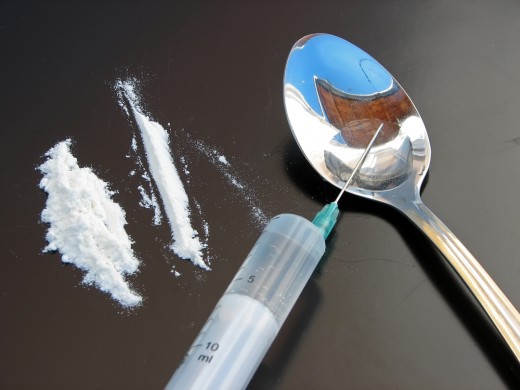
Why is it so Hard for Drug Addicts to get Successful Treatment ?
First and foremost, drug addicts need to want to get help. That continues to be a problem. When they sign themselves in to drug rehab for help, they will most likely end up signing themselves out within a week or two.
Drug addiction cannot be cured in a 30 day rehab facility. Sometimes a single encounter with a former addict acquaintance after leaving rehab is enough to make someone return to using drugs.
Drug addiction and mental health are two of the most under-treated illnesses in the United States. Rehabilitation doesn't stop after being in a facility. Recovery is a lifetime process that requires a great support system and sponsors to keep recovering addicts accountable.
In the state of Florida there are many free drug rehabilitation centers that people can enter, but they have to be willing to commit and never look back.
It Is Present in Most Families
Have you or a loved one experienced addiction in your family
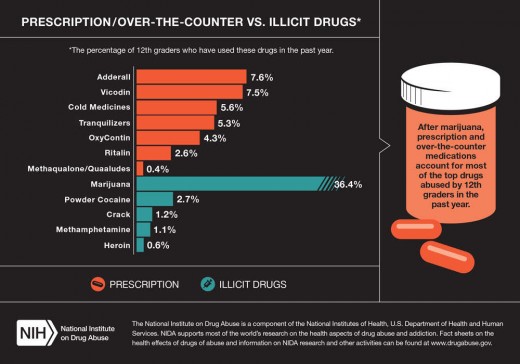
The Fate of a Drug Addict That is Not Willing to Quit
Those people who fail to escape their addiction are in real danger because:
- Addiction is a downward spiral, and this means that over any significant amount of time, the individual’s situation will deteriorate. The final destination for those caught up in this descent is death.
- The longer the person remains addicted to alcohol or drugs, the more they will lose. The individual will keep on going until they hit rock bottom. For some people their version of rock bottom will be so low that they will be unable to recover from it.
- The longer an individual remains addicted, the more their family and friends will suffer.
- The time spent trapped in addiction is wasted time because the addicted person will be unable to live life to the fullest or reach their potential. The addict is deluded in their belief that these substances are making life more bearable. The substances are the source of their suffering.
- Use of these substances can have side-effects that can cause great damage to the body, organs, and mind. The longer a person remains addicted, the more likely they are to do permanent damage to their body.
- The longer people remain addicted, the harder it can be for them to escape. This is because addiction consumes an individual’s self esteem so that they feel helpless and begin to believe that they actually deserve their suffering.
Friends With Addiction
I have lost a lot of very good friends to addiction. Not to jail, but to death. They wanted to be free of their compulsion to use drugs, but they didn't have the support they needed to overcome their addictions.
When you are trying to overcome addiction, you must distance yourself from your friends who regularly use drugs. You must take the first step to recovery. If you go back to the same lifestyle, it will become much harder to fully recover.
Helping Students Cope With Addiction
What are the Signs of Drug Addiction?
- Spending excessive amounts of money on drugs
- Inability to quit
- Stealing to acquire the drug
- Uncontrollable compulsion to acquire and use drugs
- For students: Problems in school
- Changes in behavior
- Sneaking out in the middle of the night
- Disruptive behavior that has become unbearable
- A change in one's social circle or friend groups
How does someone know they are addicted?
- You crave more and more of a substance to get the same effects (called "tolerance"), and you can take more before you feel an impact.
- You feel strange when the drug wears off. You may feel shaky, depressed, or sick.
- You can't stop yourself from using the drug, even if you want to. You are still using it even though it's making bad things happen in your life, like causing trouble with friends, family, work, or the law.
- You spend a lot of your time thinking about the drug: how to get more, when you'll take it, how good you'll feel, or how bad you'll feel afterward.
- You have a hard time giving yourself limits. You might say you'll only use "so much" but then can't stop and end up using twice that amount. Or you use it more often than you mean to.
- You've lost interest in things you once liked to do.
- You've begun having trouble doing normal daily things, like cooking or working.
- You drive or do other dangerous things (like use heavy machines) when you are on the drug.
- You borrow or steal money to pay for drugs.
- You hide the drug use or the effect it is having on you from others.
- You're having trouble getting along with co-workers, teachers, friends, or family members. They often complain about how you act or how you've changed.
- You sleep too much or too little, compared to how you used to. Or you eat a lot more or a lot less than before.
- You look different. You may have bloodshot eyes, bad breath, shakes or tremors, frequent bloody noses, or you may have gained or lost weight.
- You have a new set of friends with whom you do drugs and go to different places to use the drugs. (recovery.org)
In closing, drug addiction has affected my life with family members and friends. You have to be a supportive presence to recovering addicts. However you can't be an enabler and furnish them with money. They will just take it and buy drugs.
If you can't help an addict on your own, then find a way to get in touch with someone who can help them. Law enforcement can assist in taking an addict to a treatment center if an addict won't go at your urging or on their own. There are many ways you can help your loved one address their addiction, but they have to want to quit. If they don't, then you just have to be ready for what lies ahead.


